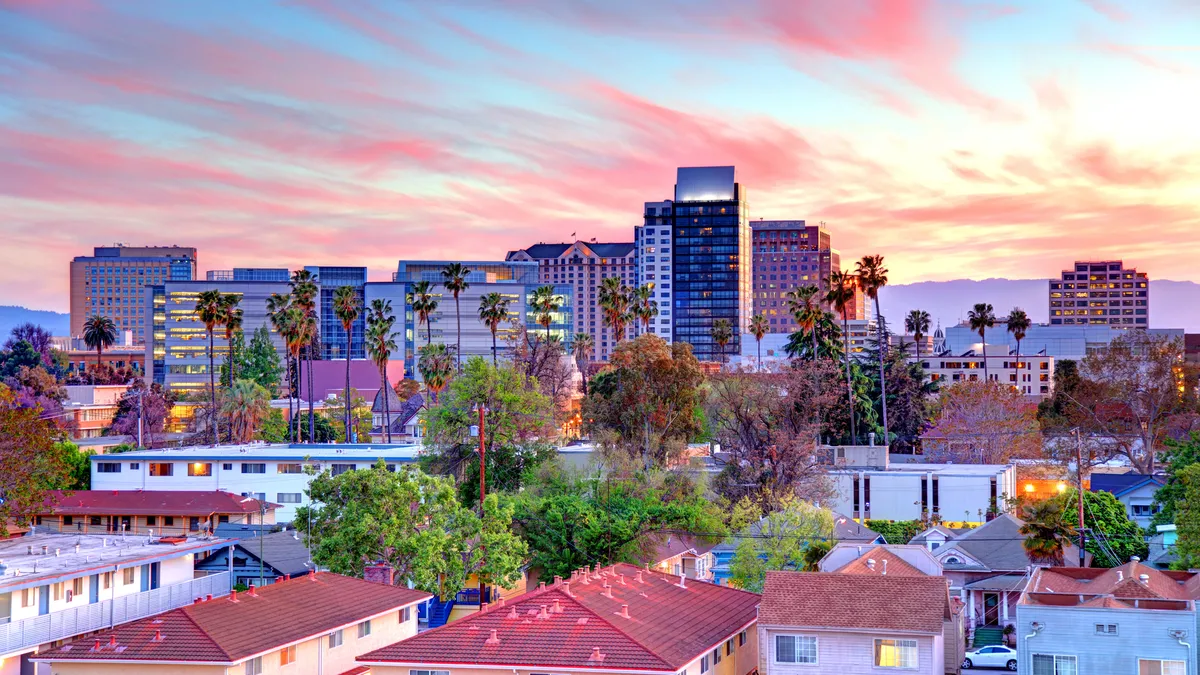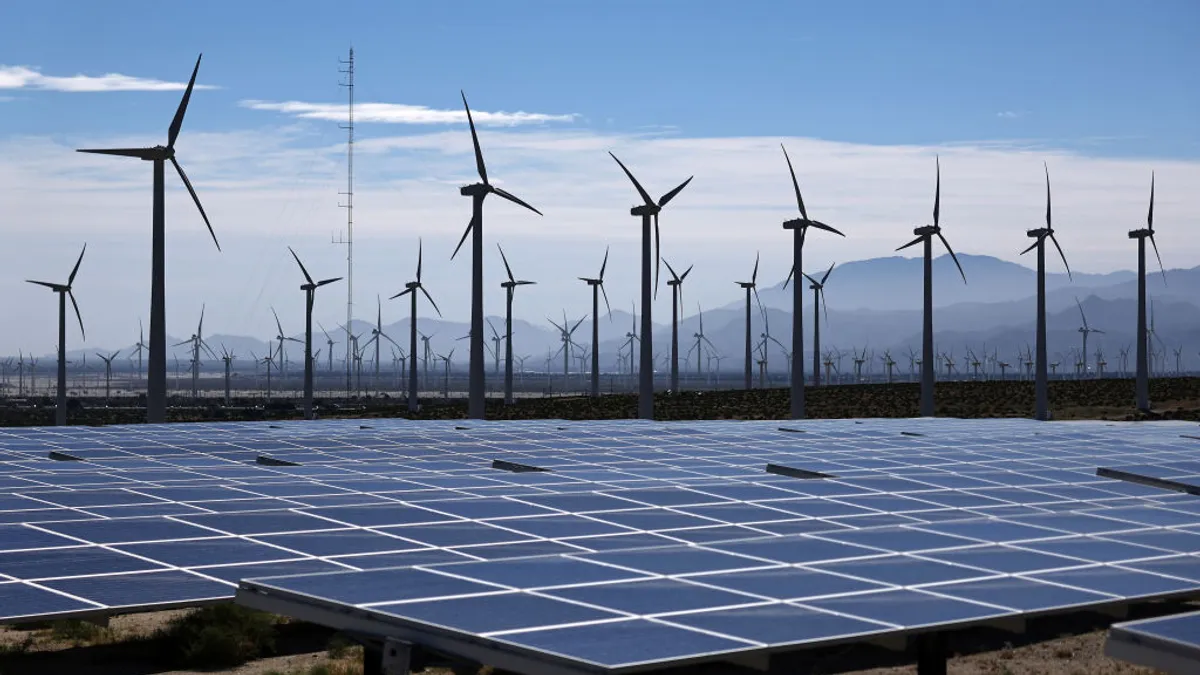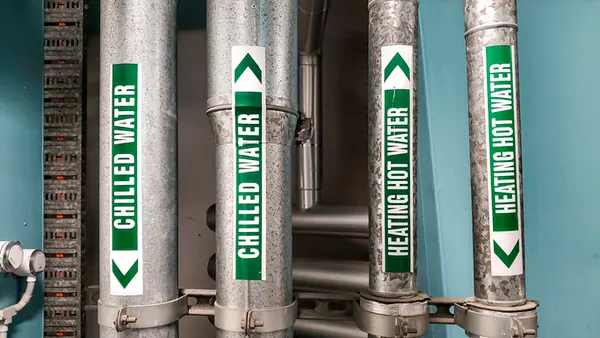Dive Brief:
- California investor-owned utilities are raising concerns around a proposal from state regulators to get rid of gas line extension subsidies for all customers beginning in July 2023.
- The proposed decision, from the California Public Utilities Commission, was issued in early August and concludes that eliminating allowances, refunds and other discounts for gas line extensions will both bring California closer to its climate goals as well as save ratepayers millions of dollars a year.
- However, utilities are questioning a number of aspects, including the proposal’s suggested sunset date of July 1, 2023, which they say may not be practical or align with builders’ planning processes and financing for new construction.
Dive Insight:
Currently, customers and builders who want to connect to the gas system can have a portion of their cost offset via subsidies that are funded by ratepayers. Regulators forecast that four California utilities — Pacific Gas & Electric, Southern California Gas, San Diego Gas & Electric and Southwest Gas Corporation — spent at least $622 million in gas line subsidies over the last five years.
The CPUC’s proposed decision, which can be voted on Sept. 15 at the earliest, would eliminate those subsidies effective July 1, 2023. However, that date might cause financing and design problems for existing construction projects, San Diego Gas & Electric said in comments filed with the commission Aug. 29.
“Financing and design are already underway for future projects beyond the deadline of July 1, 2023, and financing has been secured based on existing approved tariffs,” the utility noted.
To address this concern, SDG&E proposed adding a grandfather clause to the proposal, so that certain projects, such as those that are already in a preliminary review process with the concerned authority prior to the 2023 deadline, can still receive gas allowances.
Southern California Gas echoed similar concerns in its comments, noting that building projects are typically planned three to five years in advance of construction, and some builders may have already invested in future developments. The utility urged the CPUC to extend the sunset date through January 1, 2026, to “mitigate impacts to customers projects currently underway.”
Another area of concern for utilities is the proposal’s treatment of certain projects that might still warrant a gas line subsidy. The commission wants utilities to evaluate such projects based on three criteria – that they will reduce greenhouse gas emissions, are consistent with California’s climate goals, and have no feasible alternatives to natural gas – and then file an annual regulatory application to have subsidies approved for those projects.
Utilities, however, urged the commission to consider receiving those requests via more frequent advice letters – which tend to be a simpler process – rather than a formal annual application. Pacific Gas & Electric suggested a quarterly advice letter process.
“A single, annual utility application on behalf of all customers seeking a gas line extension subsidy risks burdening environmentally beneficial projects with delays and costs that could impede successful implementation,” the utility said in its comments.
However, a group of environmental organizations pushed back against both sets of concerns in a reply filed with the commission Tuesday. Given the significant ratepayer, climate, equity and public health benefits of eliminating gas line subsidies, any exceptions should be carefully scrutinized, Sierra Club, the California Environmental Justice Alliance, Natural Resources Defense Council and Environmental Defense Fund said in a joint filing.
“For this reason, the [proposal] appropriately requires an application process to determine whether an exemption is warranted rather than the more cursory advice letter process suggested by Pacific Gas & Electric,” they said.
The groups also urged regulators to reject any requests to delay the implementation of the decision.















